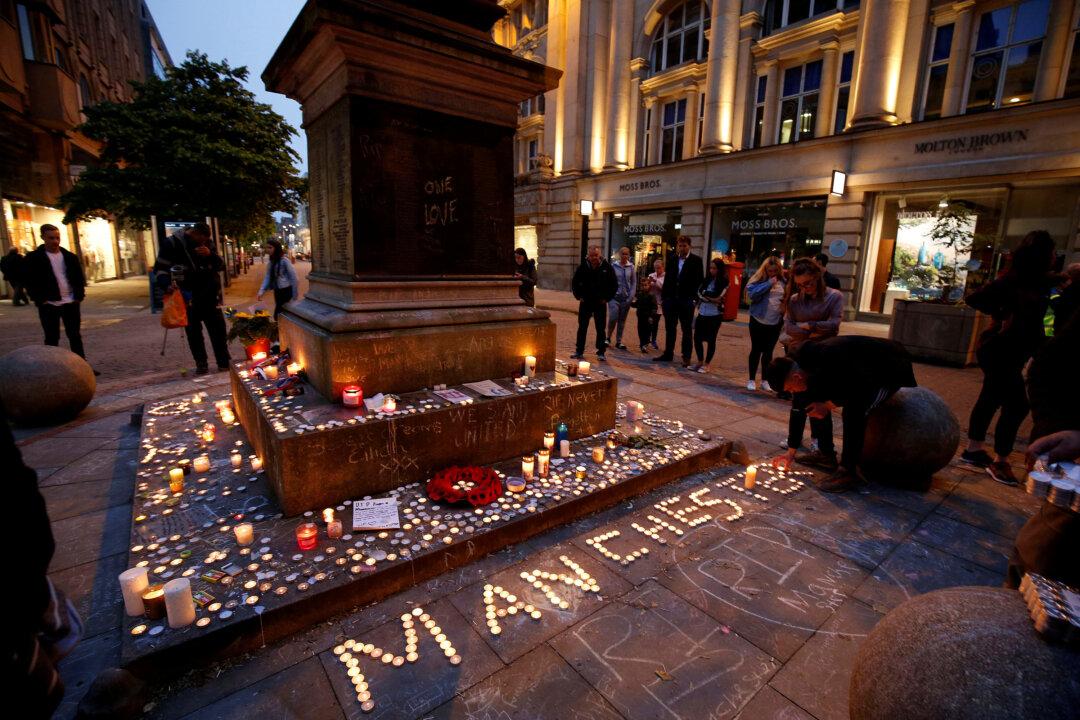The response of the emergency services to the Manchester Arena bombing in 2017 “went badly wrong” and contributed to at least one of the deaths, the chairman of a public inquiry has concluded.
Suicide bomber Salman Abedi, 22, detonated a device on May 22, 2017 in the foyer of Manchester Arena, known as the City Room, a few minutes after the end of an Ariana Grande concert, killing 22 people.





